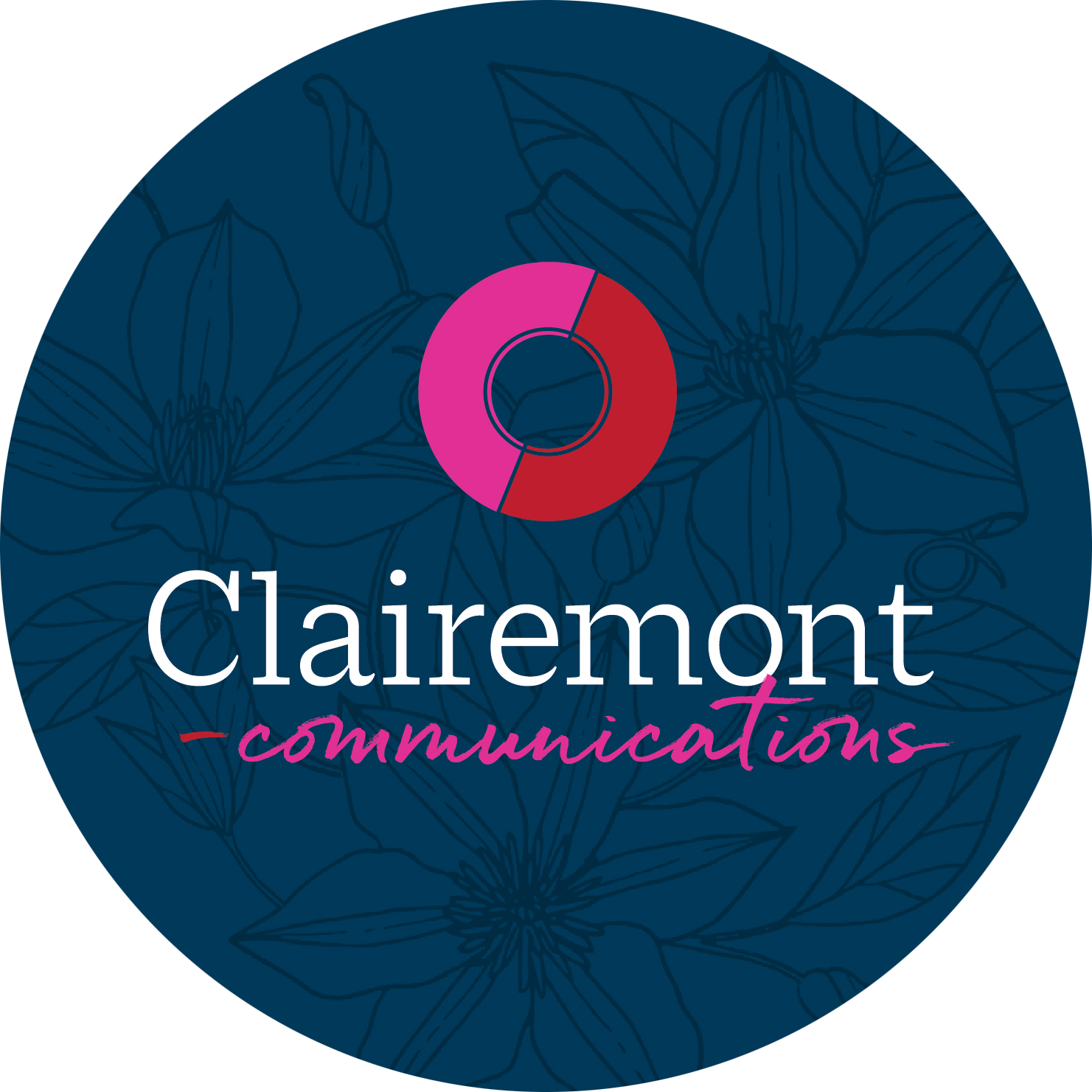Working in public relations is a lot more than planning events or helping a celebrity or corporation recover from a public blunder. Yes, event planning and crisis communications are very important skills for public relations professionals, but the most fundamental, absolutely necessary, hire-or-fire skill is something a little less glamorous – great writing. Whether it’s a tweet, blog, press release or annual report, clear and concise writing is one of the most important weapons a PR practitioner can have in his or her arsenal.

The difference between good writing and bad writing is a press release that gets primetime media coverage verses a release that gets ignored because of its weak lead; it’s the difference between an attention-grabbing tweet that is shared and retweeted, boosting a company’s ROI and SEO, compared to a tweet that is too long or boring to get noticed; it’s the difference between a strong, convincing, informative brochure or fact sheet that can inspire publics to act and change their behaviors, compared to a ready-to-use piece that inspires nothing and no one. But, most importantly, it’s the difference between the ability to generate results for the client or to not.
At Clairemont, the importance of writing is stressed on a continual basis, and nearly all of my daily tasks are centered on writing in one way or another. A number of my assignments are creative writing projects, and this past week, I’ve been working on writing copy for a furniture client’s new collections. While the style of writing is certainly different than that of a press release, it still comes down to the same concept of aiming to create results. For furniture copy, this means exuding the feeling and style of the collection or piece. It is about making a customer feel the sophistication of the product. Furniture copy is not just a description – it’s a feeling.
Writing furniture copy isn’t always the easiest, though. It takes time to perfect and to know how to write in the client’s style. For me, the biggest help is to sit down with Josie and walk through the editing process with her. Instead of just passing my copy on to her to edit, she will sit down with me and show me exactly what she is looking for and how to make those edits. This way, I can see the mistakes or style issues in my writing and address them in future assignments.
Does anyone else have any other writing or editing tips? We are always looking for ways to improve because it is such an important skill!
